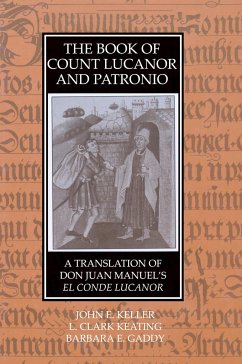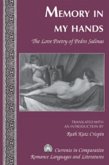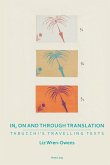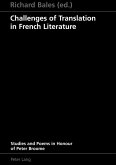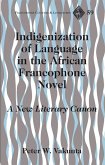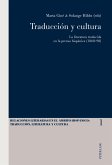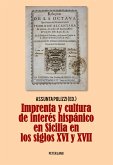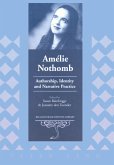Don Juan Manuel, nephew of King Alfonso X, The Wise, knew well the appeal of exempla (moralized tales), which he believed should entertain if they were to provide ways and means for solving life's problems. His fourteenth-century book, known as El Conde lucanor , is considered by many to be the purest Spanish prose before the immortal Don Quixote of Cervantes written two centuries later. He found inspiration for his tales in classical and eastern literatures, Spanish history, and folklore. His stories are not translations, but are his retelling of some of the best stories in existence. The translation succeeds in making the author speak as clearly to the modern reader as to readers of his own time.
"This updated translation of Don Juan Manuel's 'El Conde Lucanor' contains new bibliographic references and expanded introductory materials. It is a clear and correct rendering of the Spanish original, and is sure to entertain today's readers as much as it entertained the author's medieval audience." (Connie Scarborough, University of Cincinnati)
"Keller and Keating's translation of the 'Conde Lucanor' is a higly readable and accurate translation of Spain's most famous medieval anthology of brief narratives written with the double intent of recreation and instruction." (Richard P. Kinkade, University of Arizona)
"This new, updated, corrected, and enlarged translation of the 'Count Lucanor' improves on an already good book, now out of print. It will be welcomed by a new generation of readers." (Thomas Lathrop, University of Delaware)
"Keller and Keating's translation of the 'Conde Lucanor' is a higly readable and accurate translation of Spain's most famous medieval anthology of brief narratives written with the double intent of recreation and instruction." (Richard P. Kinkade, University of Arizona)
"This new, updated, corrected, and enlarged translation of the 'Count Lucanor' improves on an already good book, now out of print. It will be welcomed by a new generation of readers." (Thomas Lathrop, University of Delaware)

